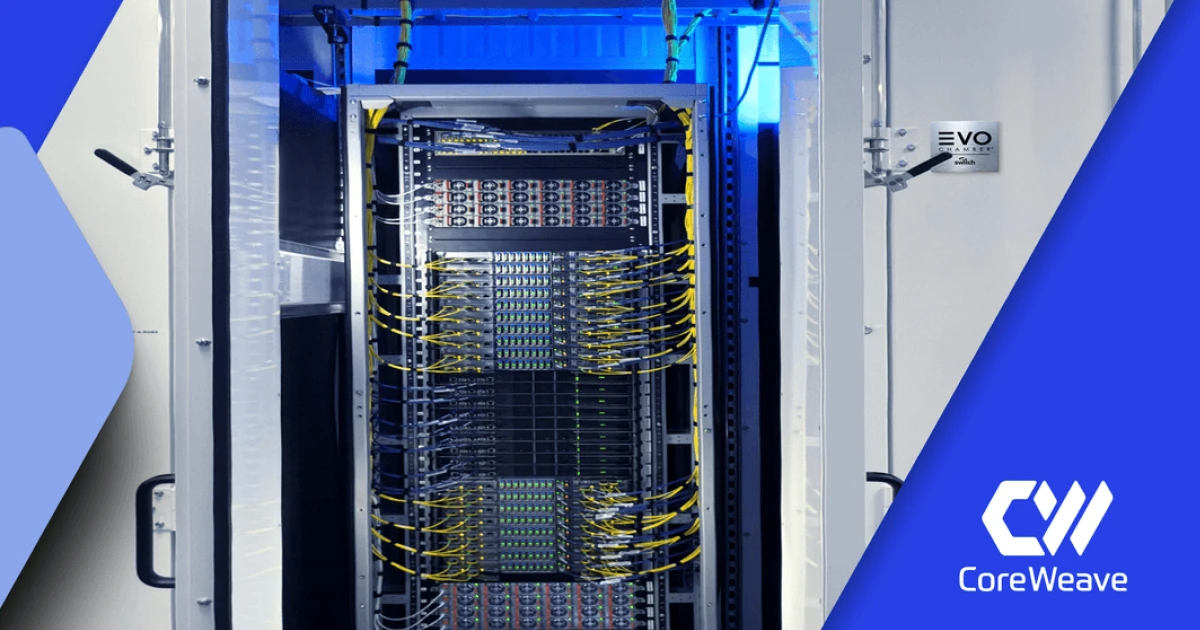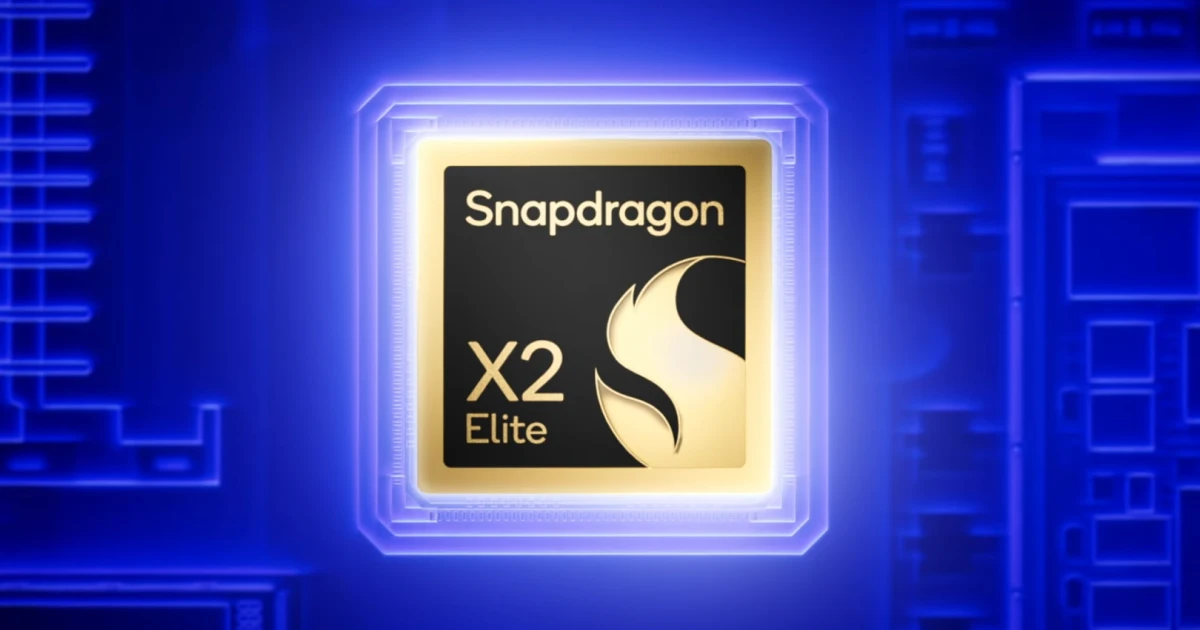The company also posted a net loss of $290.5 million, in comparison with analysts’ average estimates of $190.6 million, according to data compiled by LSEG.
“We are scaling rapidly as we look to meet the unprecedented demand for AI," CEO Michael Intrator said. "There are a lot of different pieces that are constrained, but ultimately, the piece that is the most significant challenge right now is accessing power shells that are capable of delivering the scale of infrastructure that our clients are requiring."
The company also reiterated the benefits of its $9 billion all-stock deal for crypto miner Core Scientific, which all help it secure the firm’s entire 1.3 GW power under contract and future pipeline.
The comment also comes as Two Seas Capital, the largest shareholder of Core Scientific, said last week it would vote against the sale. Investors have also focused on the company’s reliance on a few big customers. CoreWave said it has also expanded its contract with hyperscalers in recent weeks in order to meet their growing internal and external demand.
Emarketer analyst Jeremy Goldman: “The backlog surge to $30B+ suggests demand visibility well beyond 2025, but the concentration in mega-customers like OpenAI means those relationships remain both the crown jewel and the single point of failure.”
It is also worth mentioning that CoreWave has seen a rising demand for an AI interface, especially when models use chain-of-thought reasoning to go through a problem in a logical sequence. This practice is doubled down on by frontier labs such as OpenAI, reported Reuters.
“The actual quality of the intelligence was improved so much by the chain-of-reasoning models, but it also requires an incredible increase in the amount of computing to be able to drive that level of accuracy," Intrator mentioned in an interview.














